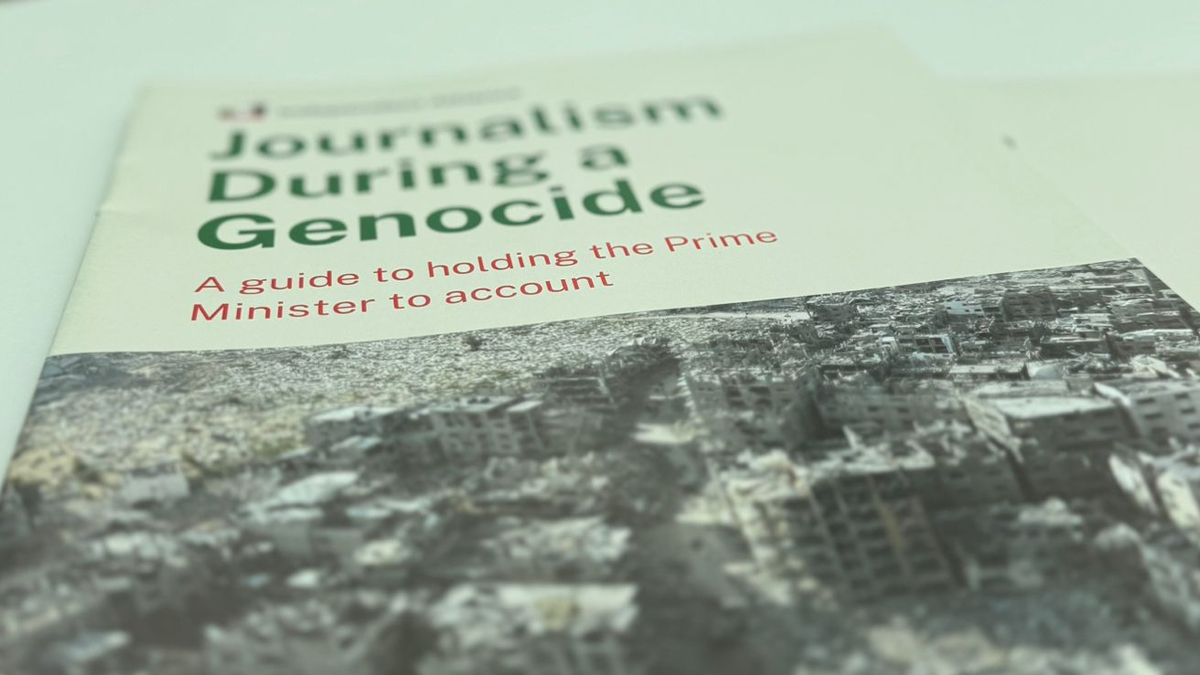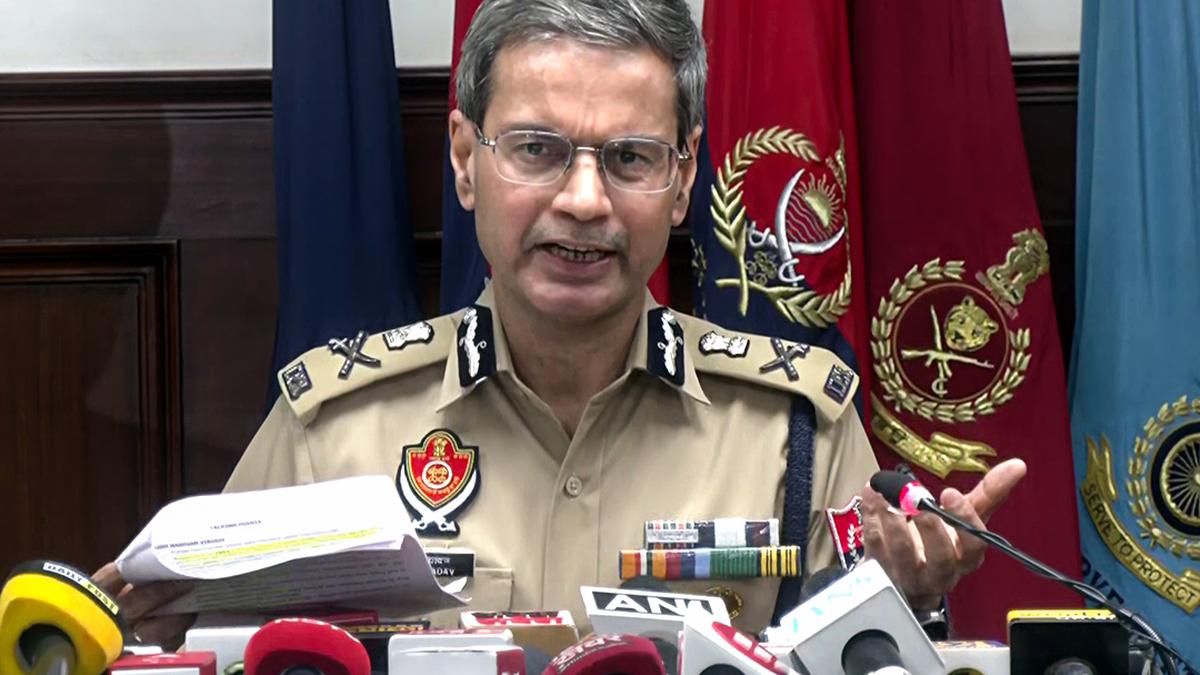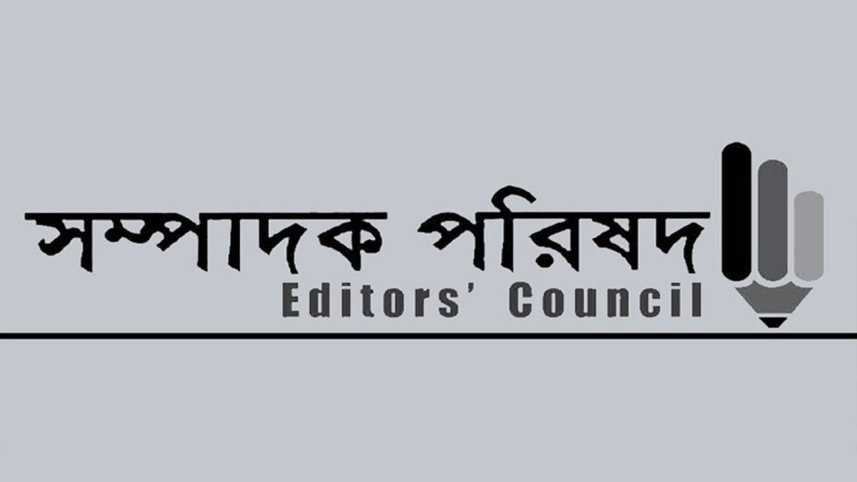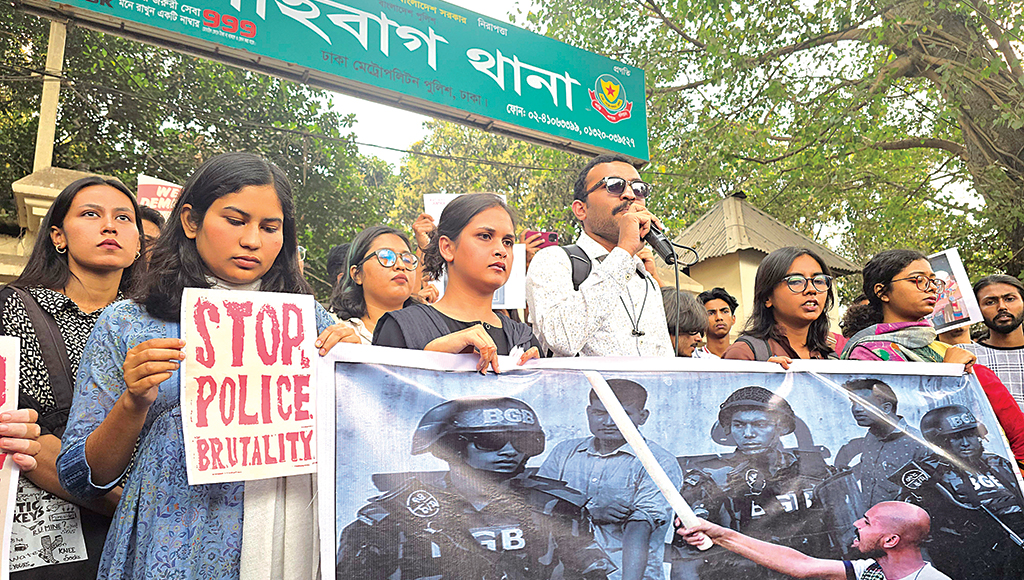
UK Journalists Criticized for Failing to Cover Gaza Accurately Amid Genocide Claims
May 12, 2025
Espionage Row Deepens as Pakistani Operative Posed as Defence Official to Target Indian Journalists
May 12, 2025May 12, 2025 – India/Pakistan/ Kashmir –
Journalists in Kashmir and across India have been warned about a coordinated cyber-espionage campaign allegedly orchestrated by Pakistani operatives aiming to extract sensitive information through fake WhatsApp profiles. According to Indian police and defense sources, the operation—dubbed “Operation Sindoor”—involves individuals impersonating Indian military officials or high-profile civilians to lure journalists into disclosing confidential data.
The Jammu and Kashmir Police issued a public alert on May 12, cautioning local journalists and media professionals about a series of phishing attempts carried out via WhatsApp. These attempts include messages from unknown numbers with military-sounding credentials, sometimes posing as Army officers seeking interviews or offering inside scoops, only to manipulate recipients into revealing sensitive details or clicking malicious links.
Indian defense ministry sources have confirmed the existence of a broader pattern in which operatives exploit journalists’ professional curiosity and access to security-related information. The Ministry highlighted how individuals pretending to be government insiders or even well-known public figures attempted to gain the trust of media personnel. In one bizarre instance, a journalist reportedly received a video of a woman dancing—nicknamed the “Dance of Hillary”—as part of a psychological manipulation tactic to create a personal rapport.
Authorities believe that these interactions are part of a long-term intelligence-gathering mission intended to monitor media narratives and possibly track movement and operations within sensitive zones. Some journalists also reported receiving suspicious calls from individuals claiming to be from military intelligence or defense research teams, offering exclusive stories or seeking interviews on fabricated missions.
Indian security agencies have urged media professionals to verify unknown contacts, avoid clicking on untrusted links, and immediately report any suspicious messages. The press community has been advised to remain vigilant, especially those reporting on defense, politics, or regional conflict zones such as Kashmir.
The revelation has sparked concerns over press safety and digital surveillance, reinforcing the vulnerability of journalists in conflict-prone regions. It also highlights the increasing weaponization of digital platforms to compromise journalistic integrity and national security through deceptive social engineering tactics.
Reference –




